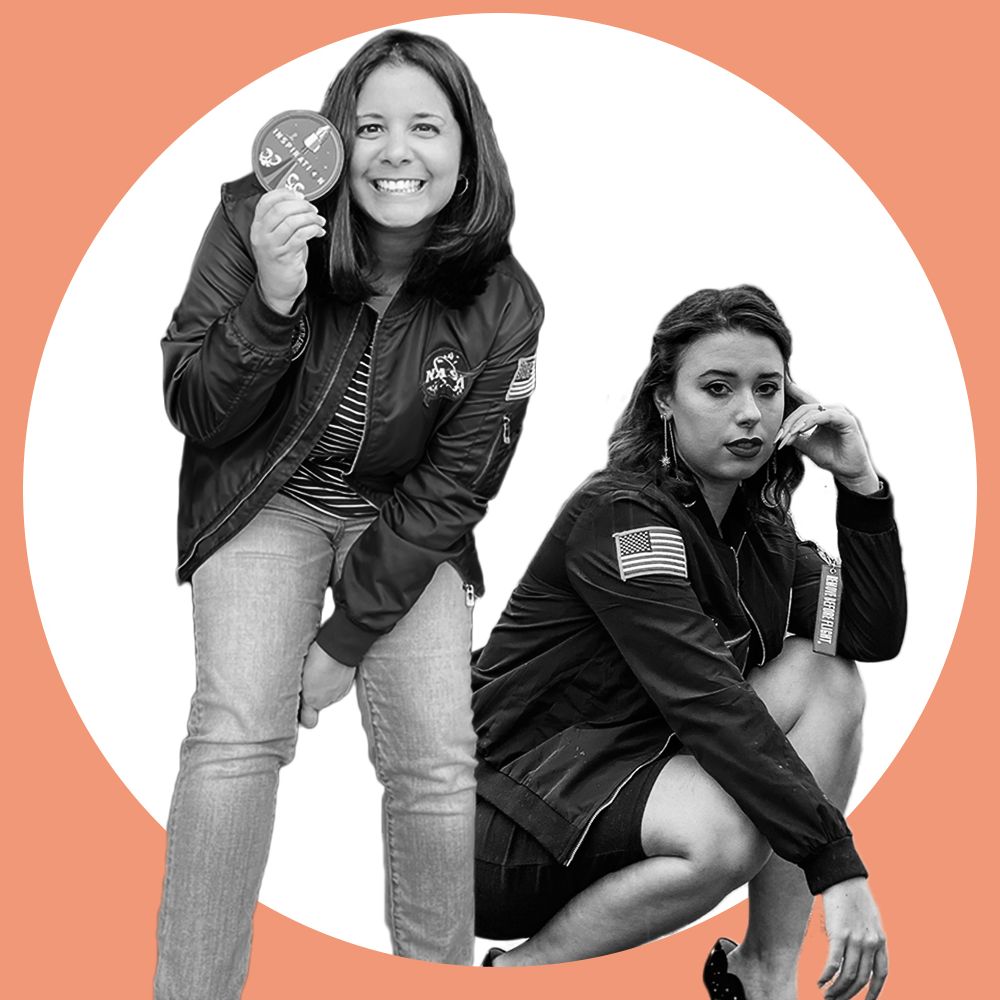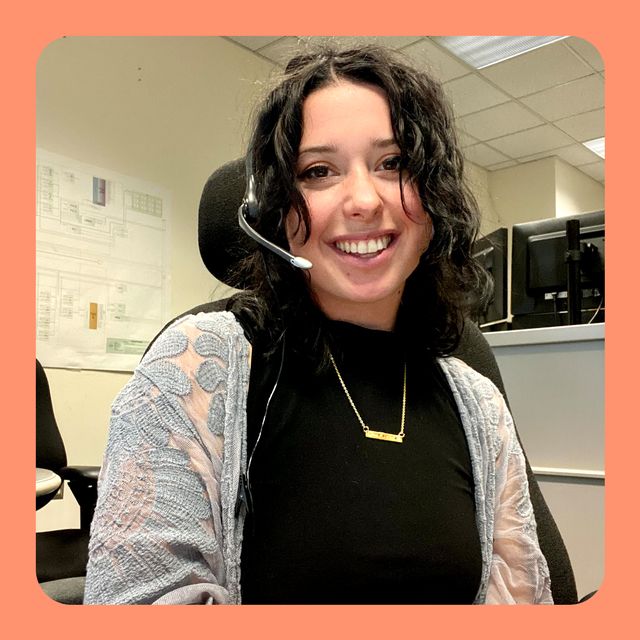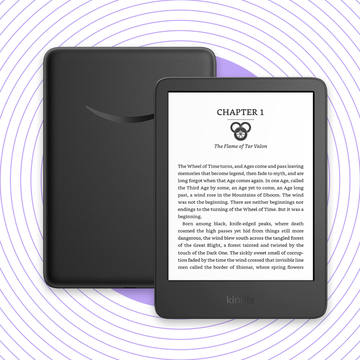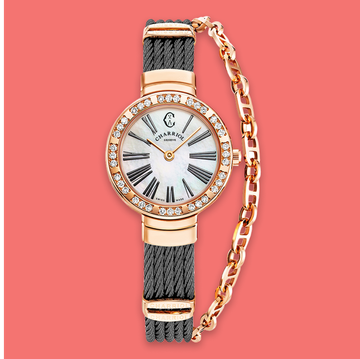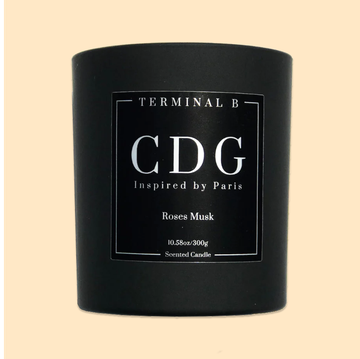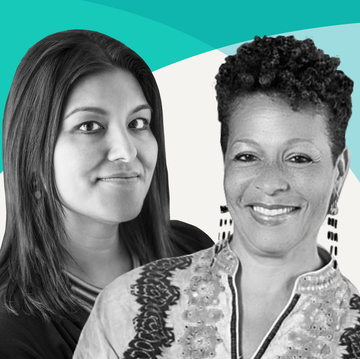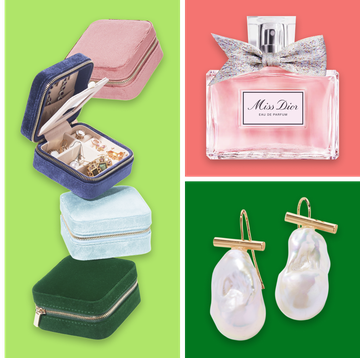This article is part of a Prudential-supported series on mentorship, reflecting the values Prudential is known for: providing rock-solid guidance and helping others reach their goals.
For Susan Martínez, 24, it wasn’t enough to merely work as an operations control engineer for the International Space Station, supporting the astronauts from the Payload Operations and Integration Center at NASA Marshall Space Flight Center. She wanted to also encourage other women to get into STEM, so she started an Instagram account, @adastrasu, to engage with followers about her career. That’s when she came across @yourfemaleengineer, an already popular account with the same goal run by Joan Melendez-Misner, 30, a NASA engineer and part-time science communicator. She sent a direct message, and Melendez-Misner was quick to (virtually) show her the ropes. They began texting and calling each other, and their initially surface-level connection grew into the juggernaut of support that it is today. “That is the beauty of social media,” says Martinez. “You can change someone’s life without having met them [in person].” Here’s how it all unfolded, with lessons we can learn from their mentorship, too.
Susan says:
When I first started my account, I knew I wanted it to be STEM-focused, but I didn’t want to pigeonhole myself. I talked extensively with Joan about ways I can incorporate nail art, fashion, makeup, and other things that interest me. She helped me with my self-confidence and made sure I knew it was okay to be myself, especially at work.
Joan says:
As someone who has been in the industry for almost 10 years, it is easy to lose yourself trying to fit in. When I first started, I would wear polo shirts like my male colleagues. I would not express my thoughts in meetings. Now I am a lead engineer and have found my confidence—both professionally and personally. I share a lot of my struggles and success on social media because I want other people to relate to it.
Susie is more than an engineer; she loves fashion. I told her to embrace this! We are all unique in STEM, and that makes you stand out in the crowd. I focus on STEM, space, and motivation for STEM careers. Susie could easily focus on STEM and fashion and run with it because not many people have that niche. She is more than just a “woman in STEM,” and that’s ultimately what we want to showcase. She is changing the way engineers are portrayed.
It is easy to lose yourself trying to fit in. When I first started, I would wear polo shirts like my male colleagues. I would not express my thoughts in meetings. I share my struggles and success on social media because I want other people to relate to it.
Susan: Joan helped me understand that not every post is going to be a success, not every company will want to work with you, and not every opportunity is worth the stress. She has steered me away from many a fishy deal. I appreciate her taking the time to make sure all the people we work with are legit. I also get frustrated where post success is concerned. A lot of social media posts I think will perform well just don’t. Other times you spend 30 seconds on something and it goes viral. That’s the nature of the game, but Joan is always the first person to say, “Hey, I know this didn’t go how you expected it to, but I liked it and I’m here to support you.”
Being a woman empowering other women in a public space—it’s risky business. I have friends who get bombarded with hate comments for their woman-in-STEM content. It has been so nice to have Joan to cry and complain to when those things happen. She’s a safe space in a judgmental place.
Being a woman empowering other women in a public space—it’s risky business. I have friends who get bombarded with hate comments. Joan has been a safe space in a judgmental place.
Joan: I have also come across microaggressions. In a predominantly male-dominated industry, you will sometimes hear “You’re too pretty to be an engineer” or “You’ll get the job—the interviewer likes you.” It is very discouraging when your intelligence is secondary to your looks, which is why it’s important to showcase what we go through in order to change the environment.
I fundamentally believe failure is not the opposite of success; it is part of every success story. With social media, it’s hard to not play the comparison game. I reminded Susie the algorithm is unpredictable. One day I have a lot of views on a reel or video, and the other it flops. I told her to have fun with it. We are changing lives, and that should be the overall goal. Even if we reach one little girl who now wants to pursue STEM because she watches her videos, then you have done more than any view count can offer.
Interviews have been edited and condensed for clarity.

